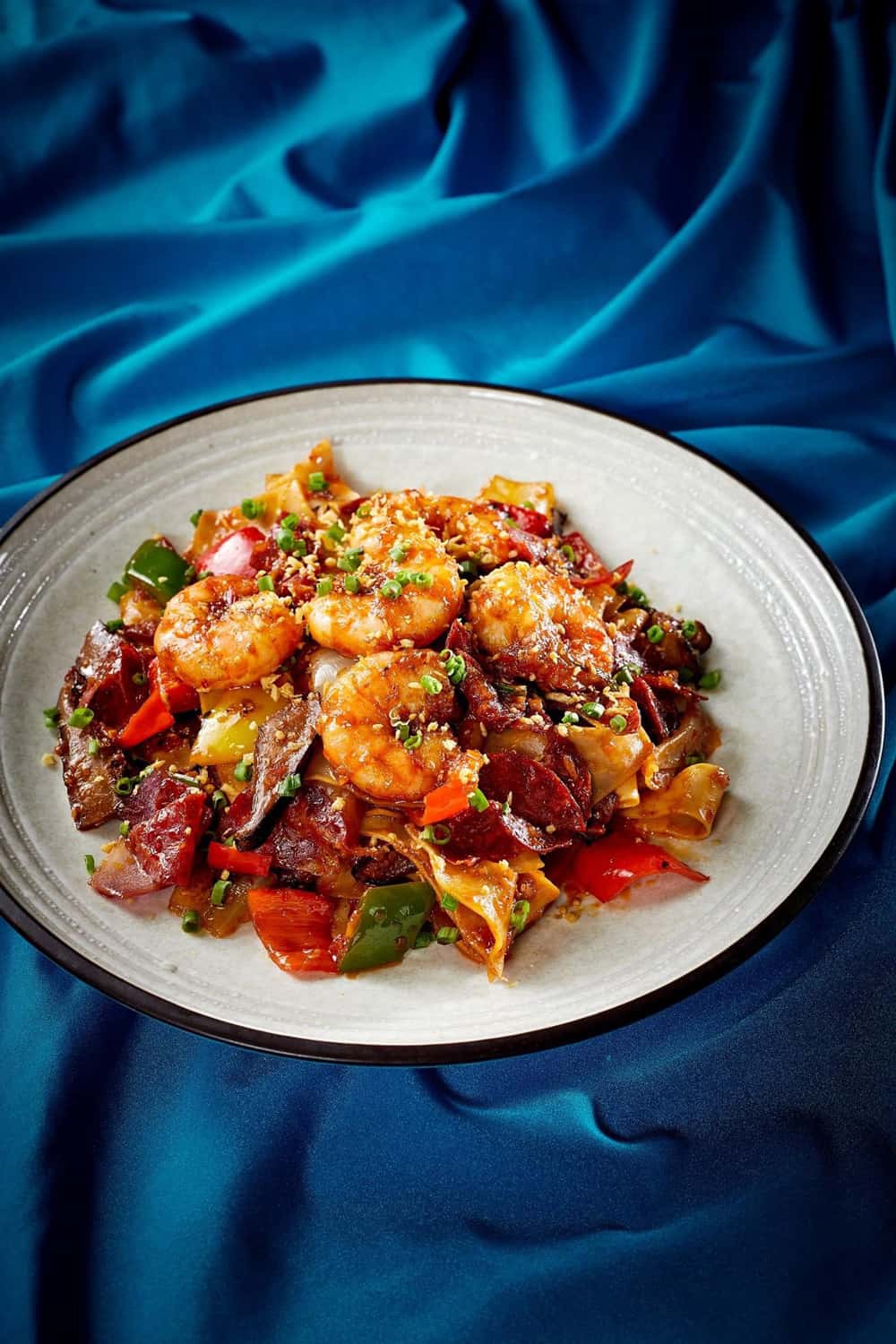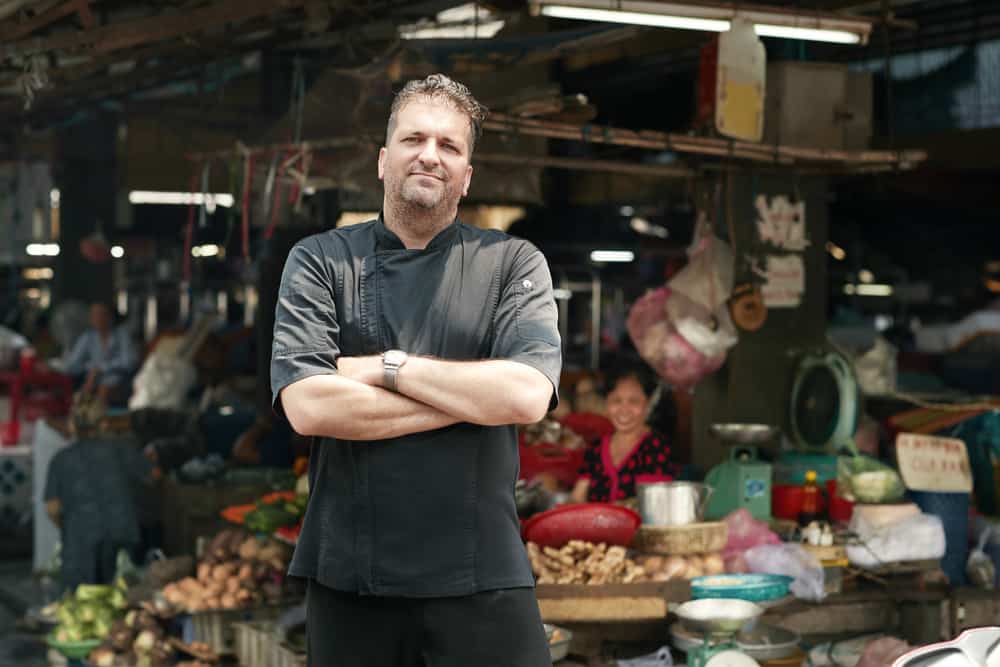From your hometown of Budapest, you went on an adventure to conquer cuisines in Asia and Europe. Can you reveal the highlights of your journey prior to your arrival in Vietnam in 2015? And what fate eventually brought you to Saigon?
I grew up in Hungary surrounded by forest with farm animals and vegetable garden. In my childhood, we spent our time hunting mushroom, catching river crabs and cutting wood to heat-up the house, and all of that inspired me immensely later on when it came to choosing ingredients and cooking. My career started in 2001 when I had the opportunity to spend a few months in Spain’s, San Sebastián. I worked at some of the top Basque restaurants in the Berasategui Group, and then moved onto Mallorca & Tenerife Islands. I was then chosen as one of the 8 Stagiers of the 2003 season at El Bulli, which was a great honour considering that there were 10,000 other nominees. After meeting the famous Chef Chikara Yamada, I moved to Tokyo and spent a fantastic years with great experiences.
In 2005 I moved to France and started working with 3 Star Michelin Restaurants such as Taillevent, l’Oursine Bistrot and Pavillon de Le Doyen in Paris. In 2007, I was brought to ZUMA, London contemporary Japanese restaurant which taught me a lot modern Japanese cuisine. I landed in Dubai in 2011 after opened several restaurants and Vietnam was a complete coincidence. Through my friend in Dubai, I decided to join VISE Hospitality Group as the Owner have a great vision and plan for the F&B in Vietnam.

What are your thoughts on Vietnamese cuisine?
Vietnamese cuisine is very interesting, refreshing & well-balanced taste, diverse & exotic in ingredients, addictive if you eat too much and full of flavours.

In your opinion, is the process of cooking Vietnamese dish more complex than a typical European dish?
There is certainly more diversity of ingredients, flavours and textures in Vietnamese dishes However, there are some very complicated highend cooking techniques and processes which are non-existent in Vietnam. Thanks to some extremely creative younger chefs in town, this will slowly change and apply in modern fine dining.

As a well-known chef with years of experience in many countries, what are your opinions of street foods culture?
I love to experience the local foods whenever I visited a new country. Before I travel I do a lot of research to find the best and most local places to eat and I amazed with the local ingredients in the markets. One of my dining experience was in Thailand and I have found some wonderful street foods without an English menu or a tablecloth. Street foods can be exciting and a real discovery which I was lucky enough to discover from Lima, Marrakech to Okinawa and Beirut any many more exciting places that awaiting in the world.

After the pandemic, do you foresee any significant shifts between street food, fine dining, and homemade cooking?
I believe all foods are good and it’s very much depends how to prepare on the ingredients, how you cook, how to present the dish to a different type of clientele. Whether you cooked at home, eaten on the street or at a fine dining establishment, you need a great company to make your meal more joyful with friends or family.

Do you have any resolutions or expectations regarding culinary endeavours and hospitality in 2021?
Farm to table, sustainable and hand-made food from healthy plants & animals, clear water and mineral-rich soils are what I want my family, friends and all future guests to experience The understanding of great & healthy products for chefs is at an early stage in Vietnam but I am very optimistic it will change very fast in the future. The hard work really just starts now. Great communication, education and research will keep us ahead of the game and bring Vietnam to the next level of culinary world.

